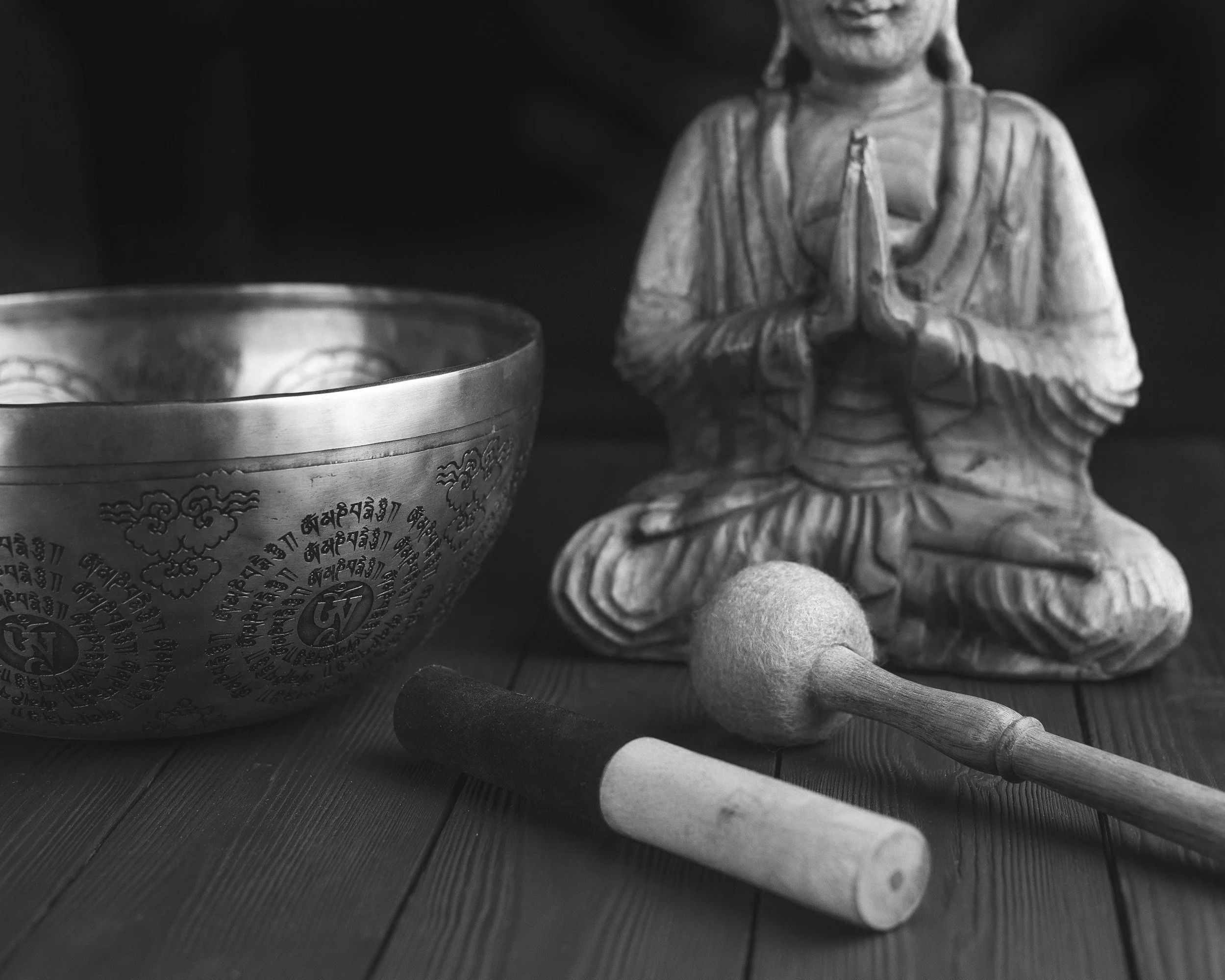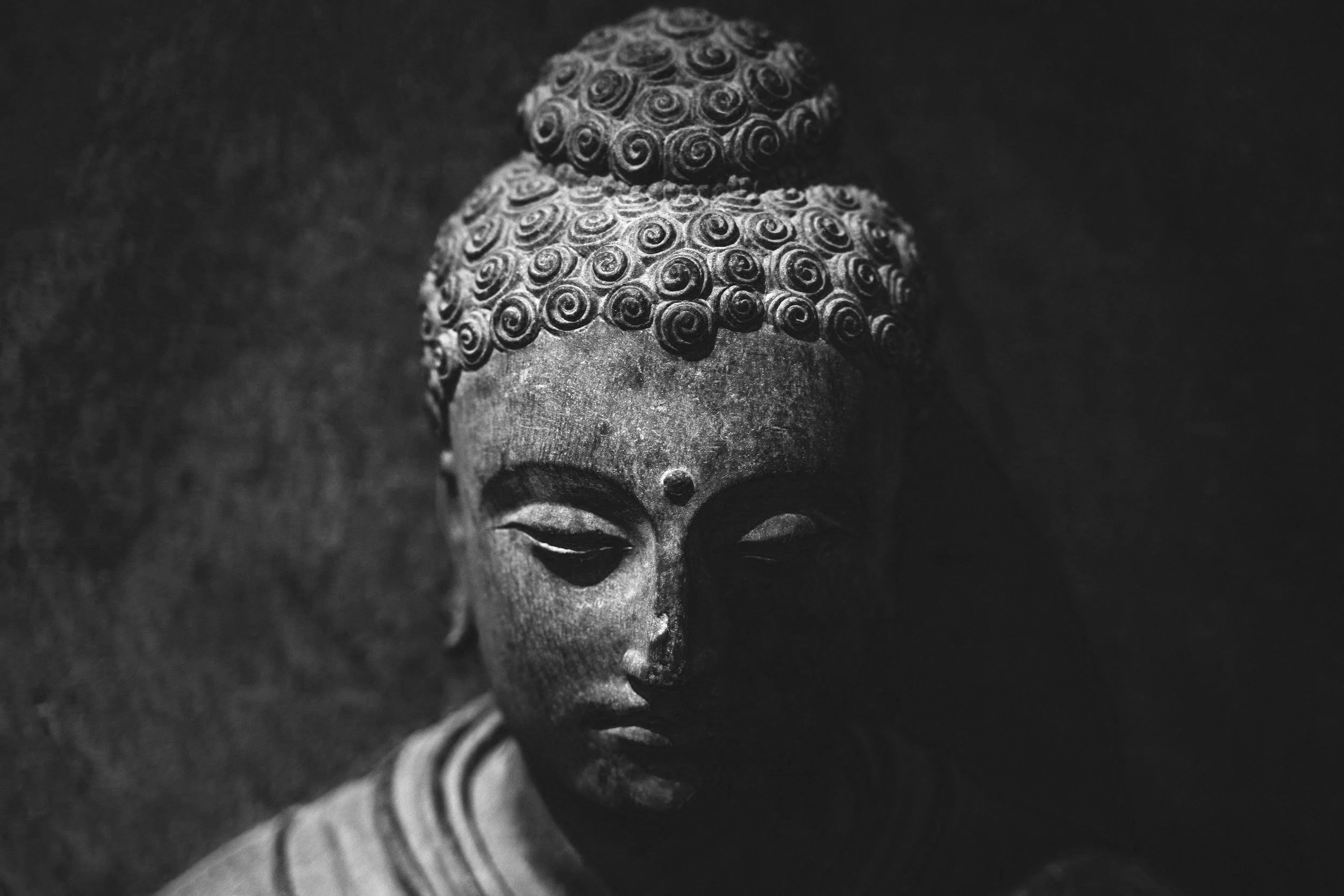In-person in woodinville, WA & online
Buddhist psychology
Specialized therapy for teens & adults
You’ve tried managing stress and anxiety, but nothing seems to bring lasting peace.
Despite trying therapy in the past,
You’re still struggling with:
Anxiety and stress.
Difficulty with self-compassion.
Navigating life transitions or suffering.
Feeling overwhelmed by constant worry, racing thoughts, or the pressures of daily life, and seeking a way to calm the mind and find inner peace.
Struggling with harsh self-criticism, low self-esteem, or feelings of unworthiness, and looking for ways to cultivate self-love, acceptance, and kindness.
Facing significant life changes, grief, or emotional pain and seeking guidance on how to accept and process these challenges with a sense of mindfulness, non-attachment, and emotional resilience.
Buddhist Psychology can help you cultivate inner peace, transform negative thought patterns, and navigate life’s challenges with mindfulness and compassion.
Buddhist Psychology offers a transformative approach to mental and emotional well-being by helping you develop a deeper understanding of your mind. By integrating mindfulness, meditation, and key Buddhist principles like impermanence and non-attachment, this approach empowers you to let go of the mental clutter and emotional turbulence that often lead to stress, anxiety, and self-doubt.
Through this practice, you’ll learn to embrace the present moment, cultivate self-compassion, and develop emotional resilience. Buddhist Psychology can guide you in finding peace amidst life's challenges, helping you break free from old patterns and find lasting inner balance. Whether you're dealing with anxiety, grief, or life transitions, this approach provides powerful tools to restore your emotional and mental well-being, enabling you to live more fully and with greater clarity.
-
The science of Buddhist Psychology blends ancient wisdom with modern psychological principles, focusing on the mind's nature and its role in emotional and mental well-being. While traditional Western psychology often emphasizes the treatment of symptoms, Buddhist Psychology takes a deeper approach, exploring the root causes of suffering—such as attachment, aversion, and ignorance—through practices like mindfulness, meditation, and self-awareness.
Research in modern psychology has begun to validate many of these ancient practices, showing how mindfulness meditation can reduce stress, enhance emotional regulation, and improve mental health outcomes. Techniques like mindfulness-based stress reduction (MBSR) and mindfulness-based cognitive therapy (MBCT) are directly inspired by Buddhist principles and have been scientifically proven to decrease anxiety, depression, and chronic pain, while enhancing overall well-being.
Buddhist Psychology views the mind as fluid and capable of transformation. It emphasizes the cultivation of positive mental states (such as compassion and equanimity) while learning to release negative attachments and harmful thought patterns. This integration of mindfulness with cognitive and emotional awareness creates a comprehensive model for healing, one that not only addresses the symptoms of mental health struggles but also nurtures long-term emotional growth and peace.
In short, the science of Buddhist Psychology is rooted in both ancient practices and modern psychological research, offering a holistic approach to understanding and transforming the mind for greater emotional resilience and well-being.
-
Sessions in Buddhist Psychology therapy typically combine traditional talk therapy with mindfulness practices, offering a holistic approach to healing. Each session is designed to help you explore your thoughts, emotions, and behaviors with greater awareness and compassion. You’ll often begin by discussing current challenges or concerns, whether it’s anxiety, stress, relationship issues, or a general sense of dissatisfaction.
During sessions, the therapist may guide you through mindfulness exercises, meditation practices, or reflective techniques to help you observe your thoughts and feelings without judgment. The aim is to cultivate awareness of how your mind works, so you can begin to identify patterns of attachment, aversion, or self-criticism that contribute to emotional suffering.
In addition to traditional therapeutic interventions, you’ll learn tools like mindfulness-based breathing techniques, guided visualizations, and cognitive reframing that can help you stay grounded in the present moment and foster self-compassion. Over time, these practices can reduce stress, enhance emotional resilience, and promote a sense of inner peace, equanimity, and emotional clarity.
Overall, sessions are calm, introspective, and focused on developing a deep understanding of your mind’s nature, while offering practical tools to live with more balance and presence.
-
Buddhist Psychology can help by providing practical tools to cultivate mindfulness, self-awareness, and emotional resilience, allowing you to navigate life’s challenges with greater ease and clarity. It helps you become more aware of your thoughts and emotions, so you can respond to them with wisdom and compassion instead of reacting impulsively or getting overwhelmed.
Through mindfulness and meditation techniques, you can learn to reduce stress, anxiety, and negative thought patterns, helping you develop a deeper sense of inner peace and balance. By embracing concepts like impermanence and non-attachment, you can let go of emotional baggage, break free from limiting beliefs, and learn to accept things as they are without judgment.
This approach helps you build a compassionate relationship with yourself, reduce self-criticism, and foster greater emotional healing. Over time, Buddhist Psychology can help you cultivate lasting emotional well-being, improve relationships, and live more fully in the present moment with a sense of calm and resilience.
buddhist psychology
“
rule your mind or it will rule you.
buddha
who it’s for
buddhist Psychology is for you if…
You are seeking deeper emotional healing and want to break free from negative thought patterns, anxiety, or past trauma to live with more peace and clarity.
You struggle with self-criticism and wish to cultivate self-compassion, acceptance, and a healthier relationship with yourself.
You want to find inner peace amid life’s challenges, by learning to embrace the present moment, reduce stress, and develop emotional resilience through mindfulness and meditation.
together, we will:
explore
the patterns of thought and emotion that keep you stuck, helping you gain insight into how they shape your experience and discovering new ways to respond with mindfulness and compassion.
uncover
the root causes of your emotional distress, allowing you to better understand your thoughts and behaviors and begin healing from past wounds.
Regain
a sense of inner peace and balance by learning to quiet the mind and stay present, even in the face of life’s challenges.

Please know this:
healing is a journey, and you have the inner strength and resilience to overcome the challenges you face.
-
Buddhist psychology differs from traditional therapy by integrating mindfulness, meditation, and Buddhist principles to foster deep emotional healing and self-awareness. While many therapeutic approaches focus primarily on addressing symptoms or behavioral changes, Buddhist psychology emphasizes understanding the nature of the mind itself—its tendencies, attachments, and the root causes of suffering. It encourages non-judgmental awareness of thoughts and emotions, helping individuals let go of harmful patterns like attachment, aversion, and self-criticism, which often contribute to mental distress.
Additionally, Buddhist psychology teaches concepts such as impermanence (the understanding that everything is temporary) and non-attachment, which can help individuals let go of rigid beliefs, expectations, and past traumas that may hold them back. Rather than focusing on changing or fixing parts of the self, it nurtures the acceptance of one's thoughts and feelings, promoting peace and compassion toward oneself and others.
Ultimately, while traditional therapy often works within a framework of problem-solving, Buddhist psychology focuses on inner transformation, cultivating mindfulness, and creating lasting emotional resilience through practices that integrate both mind and body.
-
The time it takes to see results in Buddhist psychology can vary depending on the individual, the nature of the issues being addressed, and the level of commitment to the practices. For some, benefits such as reduced anxiety, increased mindfulness, and improved emotional regulation may begin to appear within a few weeks of consistent practice. Others may take longer to experience deeper shifts, as Buddhist psychology emphasizes long-term transformation through meditation, mindfulness, and self-awareness.
Typically, you may start to notice gradual changes as you engage with the mindfulness and meditation practices, developing a greater sense of peace and clarity. For more profound emotional healing and shifts in mindset, it may take several months of consistent practice, especially when dealing with past trauma or deep-seated thought patterns.
Ultimately, Buddhist psychology is a journey, and the process is ongoing. Over time, as you integrate the practices into your daily life, you will likely experience deeper levels of healing, emotional resilience, and a sense of inner calm.
-
Schedule a 15-minute video consultation to see if therapy is right for you.



